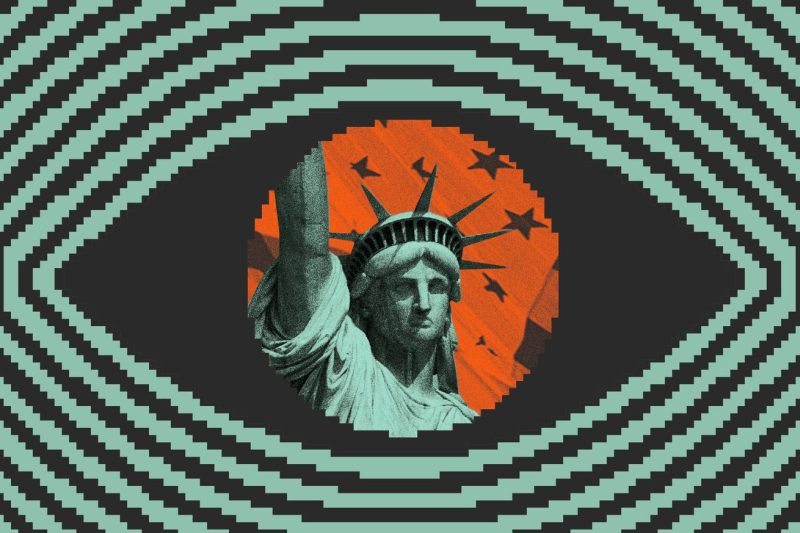Amid mounting concerns over privacy infringement and governmental overreach, the controversial US surveillance program faced a brief lapse due to congressional dysfunction. The program, which had come under scrutiny for its extensive data collection practices and potential violations of civil liberties, found itself at the center of a heated debate as tensions within Congress reached a boiling point.
Congressional oversight of the surveillance program had been a contentious issue for quite some time, with lawmakers divided along party lines on the extent to which the government should be allowed to collect and analyze data on its citizens. The lapse in the program was a result of this gridlock, as legislators failed to reach a consensus on the renewal of key provisions governing its operations.
Critics of the surveillance program seized upon the opportunity presented by the temporary lapse to call for more stringent safeguards to protect individual privacy rights. They argued that the government’s mass collection of data, including phone records and online communications, was a gross violation of the Fourth Amendment and a dangerous encroachment on civil liberties.
Proponents of the program, on the other hand, expressed concerns about the potential impact of the lapse on national security efforts. They warned that without access to the vast troves of data collected by the government, intelligence agencies would be hampered in their ability to detect and prevent terrorist attacks and other threats to public safety.
As the debate raged on in Congress, the lapse in the surveillance program raised important questions about the balance between security and privacy in a post-9/11 world. While there was general consensus on the need for robust national security measures, there was a growing recognition that these measures must be accompanied by strong safeguards to protect the rights and freedoms of American citizens.
Ultimately, the brief lapse in the surveillance program served as a wake-up call for lawmakers on both sides of the aisle. It highlighted the urgent need for meaningful reform to ensure that the government’s surveillance activities are conducted in a manner that is consistent with the principles of democracy and the rule of law.
Moving forward, it is clear that Congress must come together to enact comprehensive reforms that strike the right balance between security and privacy. By working collaboratively to address the shortcomings of the surveillance program and strengthen protections for individual rights, lawmakers can help restore public trust in the government’s intelligence-gathering activities and uphold the values that define the American way of life.


























